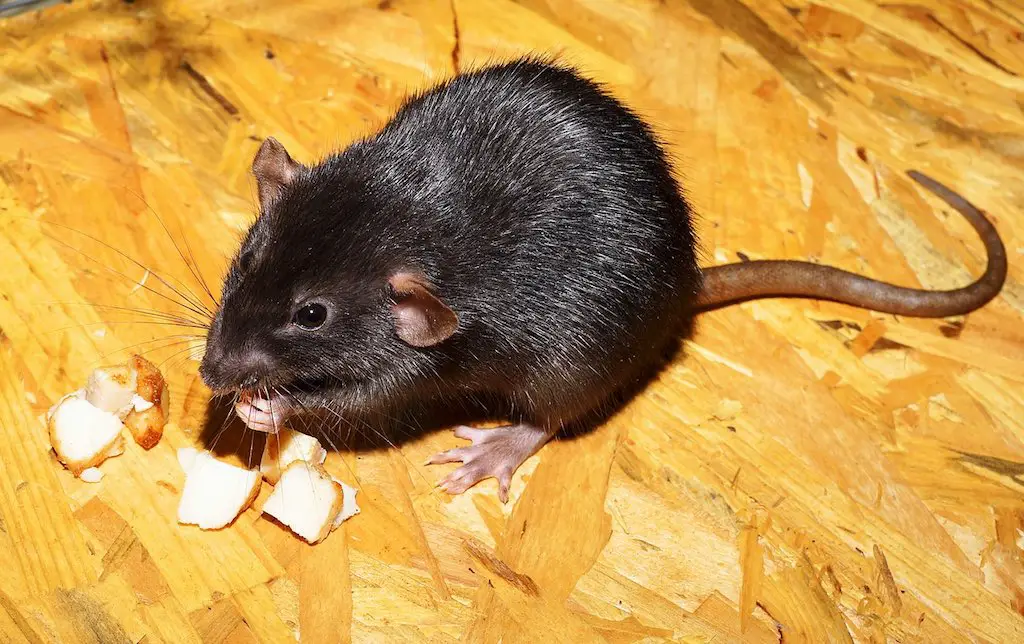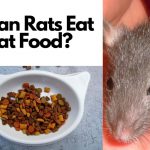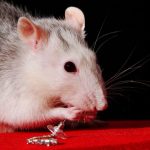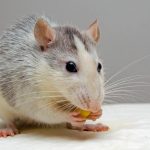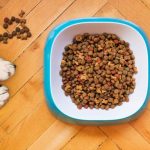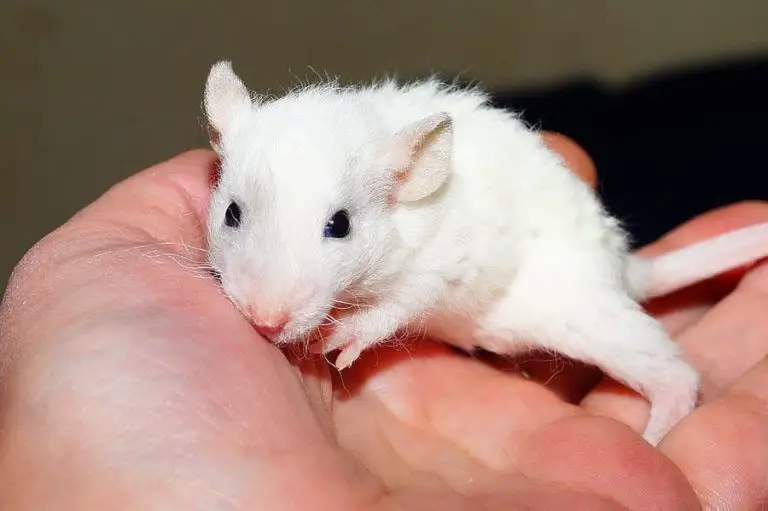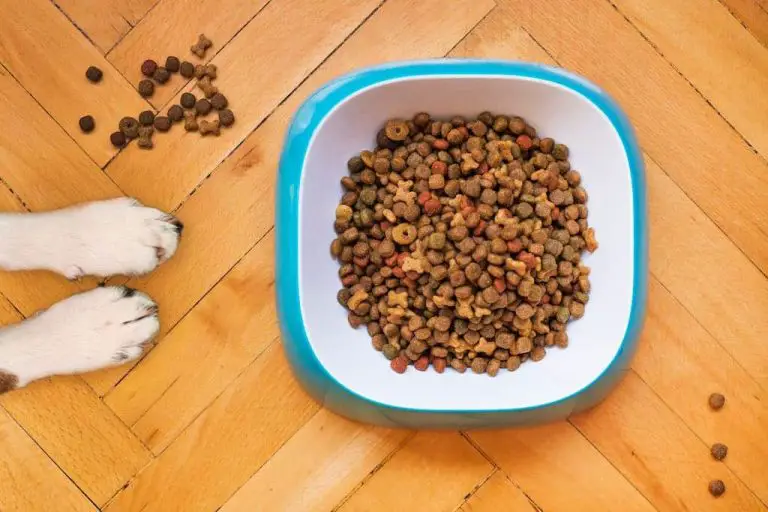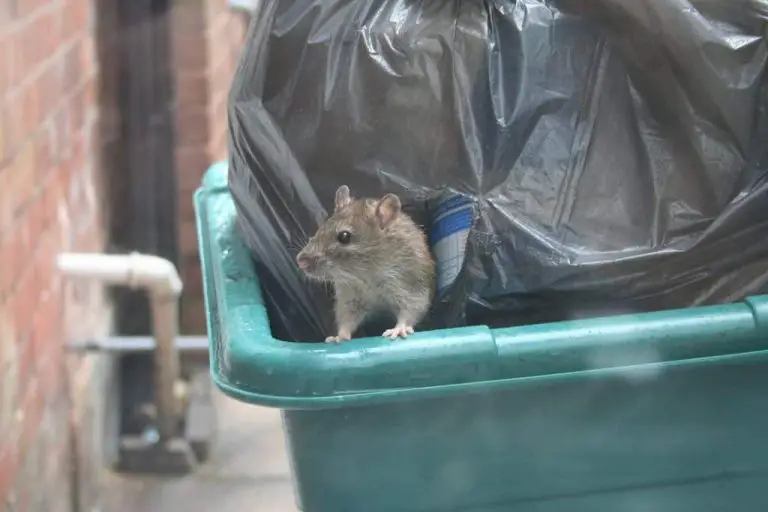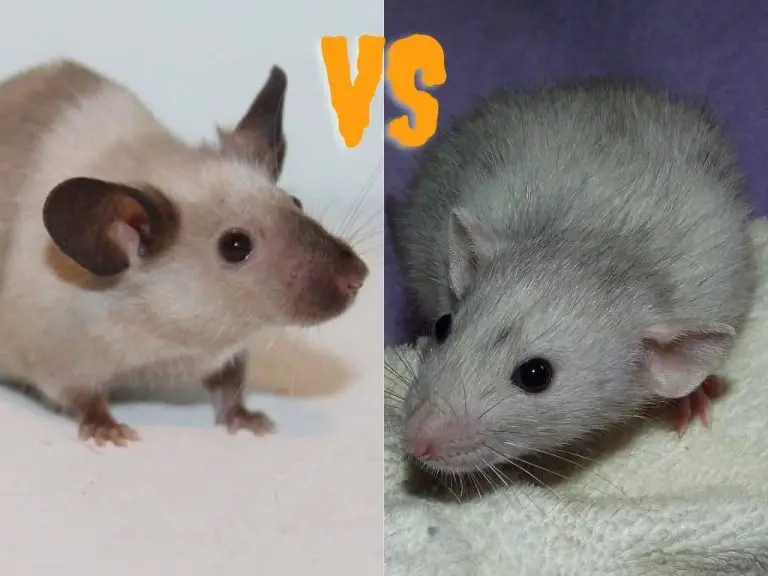Can Pet Rats Eat Cheese?
Our common notion of rats and mice suggests that these rodents love nothing more than enjoying copious amounts of cheese. But is this dietary tendency true in actuality? And, more specifically, is it safe for a rat owners to regularly feed their rat cheeses?
Pet rats can eat some types of cheese, but there are others that they should avoid entirely. Feeding the incorrect type of cheese to your pet rat can be detrimental to its health. To prevent that outcome and keep your rat in its healthiest condition, you need to learn the specifics of what pet rats can and cannot eat.
I wrote this article to give you the chance to gain a deeper insight into what foods are best for a pet rat. But first, let’s take a closer look at a pet rat’s relationship with eating cheese.
Should Pet Rats Eat Cheese?
Whether or not a pet rat can eat cheese depends entirely on the type of cheese in question. Feeding one of the permissible varieties of cheese to your rat can contribute to a well-rounded diet. Conversely, other cheeses are so toxic to rats that they can cause death. As an owner, it is your responsibility to know the difference between the two and give your rat only that which it can eat safely.
What Kinds of Cheese Can Pet Rats Eat?
If you feed your rat cheese, it should be a hard or semi-hard variety of cheese. These cheeses are easy for your rat to chew and digest and do not contain harmful ingredients that will adversely affect your rat. Here are some examples of those cheeses:
- Cheddar
- Gouda
- Colby
- Gruyere
- Red Leicester
Although it is acceptable for your rat to eat those cheese, I recommend that you do not allow cheese to constitute the majority of your rat’s diet. Too much cheese brings an excessive amount of fat into your rat’s diet. Additionally, some rats can be lactose intolerant, in which case, any amount of cheese is not advisable. If you notice loose stool after your pet rat eats cheese, lactose intolerance is likely the cause.
In most cases, an occasional snack of hard or semi-hard cheese will pose no threat to your rat. Just make sure that the cheese you give your rat comes from goat or cow’s milk. Other than that, all you need to do is steer clear of the harmful cheeses that we’ll discuss in the section below.
Cheeses Pet Rats Should Avoid?
While it is alright for a pet rat to eat hard cheeses, the same is not true for soft cheeses. In fact, I advise that you never feed your pet rat soft cheese for multiple reasons. For instance, a rat’s teeth are not well-suited to breaking down the chewy texture of soft cheeses. This can lead to your rat choking on pieces of un-chewed cheese. Soft cheeses are also more likely to include ingredients that are harmful to your rat.
Because of those dangers, you should avoid soft cheeses at all costs. In cases where you are unsure of whether your rat can eat a certain cheese, ere on the side of caution by not feeding it to your rat. To give you an idea of what kinds of cheese your rat should not eat, here are some of the most common cheeses that are harmful to rats:
- Blue cheese
- Mozzarella
- Gorgonzola
- Feta
- Cream cheese
- Ricotta
- Brie
While those are some of the most popular cheeses that rats shouldn’t eat, I assure you that this list is not comprehensive. As I mentioned above, play it safe and only feed your rat food items you know are safe.
The Ideal Pet Rat Diet
Since rats are omnivores, they require several types of foods to maintain their health. But while their diets need some variety, there are two food groups that should represent the majority of what a rat eats. Fruits and vegetables are the essential elements of a proper rat diet. Here are some of the items you can give your rat to meet that need:
- Apples
- Cabbage
- Carrots
- Celery
- Pears
- Melons
- Berries
After feeding your rat plenty of items such as those mentioned above, you should supplement your rat’s meals with store-bought food. In your local pet store, you’ll find that there are several products that are made to suit a rat’s specific dietary needs.
While it’s true that you should give rats fruits and vegetables to meet their nutritional needs, too many of these foods can be an issue too. When a rat has too many fruits and vegetables, it is possible for diarrhea to occur. If you wish to prevent this, it is best to add some cooked foods to your rat’s meals.
Cooked Foods to Give Your Rat
A moderate proportion of cooked foods is beneficial to your rat’s diet. Below are a few examples of foods in that category:
- Lean meats
- Beans
- Brown rice
- Sweet potato
- Whole wheat pasta
Remember that you must cook those foods before giving them to your rat. Failing to do so is likely to lead to health complications. The same results are also common when a rat eats one of the foods in the following section.
What Foods Should Rats Avoid?
Just as there are many foods that contribute to an excellent rat diet, there are many that are equally harmful. Feeding your rat properly is as much about knowing what to give them as it is about knowing what a rat should never touch. To familiarize you with the latter group, here are a few examples:
- Chocolate
- Raw versions of foods rats could otherwise eat cooked
- Sugary foods
- Insects
- Carbonated drinks
Preventing your rat from eating harmful foods is just another aspect of being a responsible bet owner. So, be sure to do your research before feeding your rat any item that you are unsure about.
Conclusion
There is no issue with pet rats eating cheese, as long as it is the right cheese. In general, it is hard and semi-hard cheese that rats can eat, while soft cheeses are unsafe. Keeping that in mind will help you develop a diet plan that will help your pet rat live its healthiest life.

